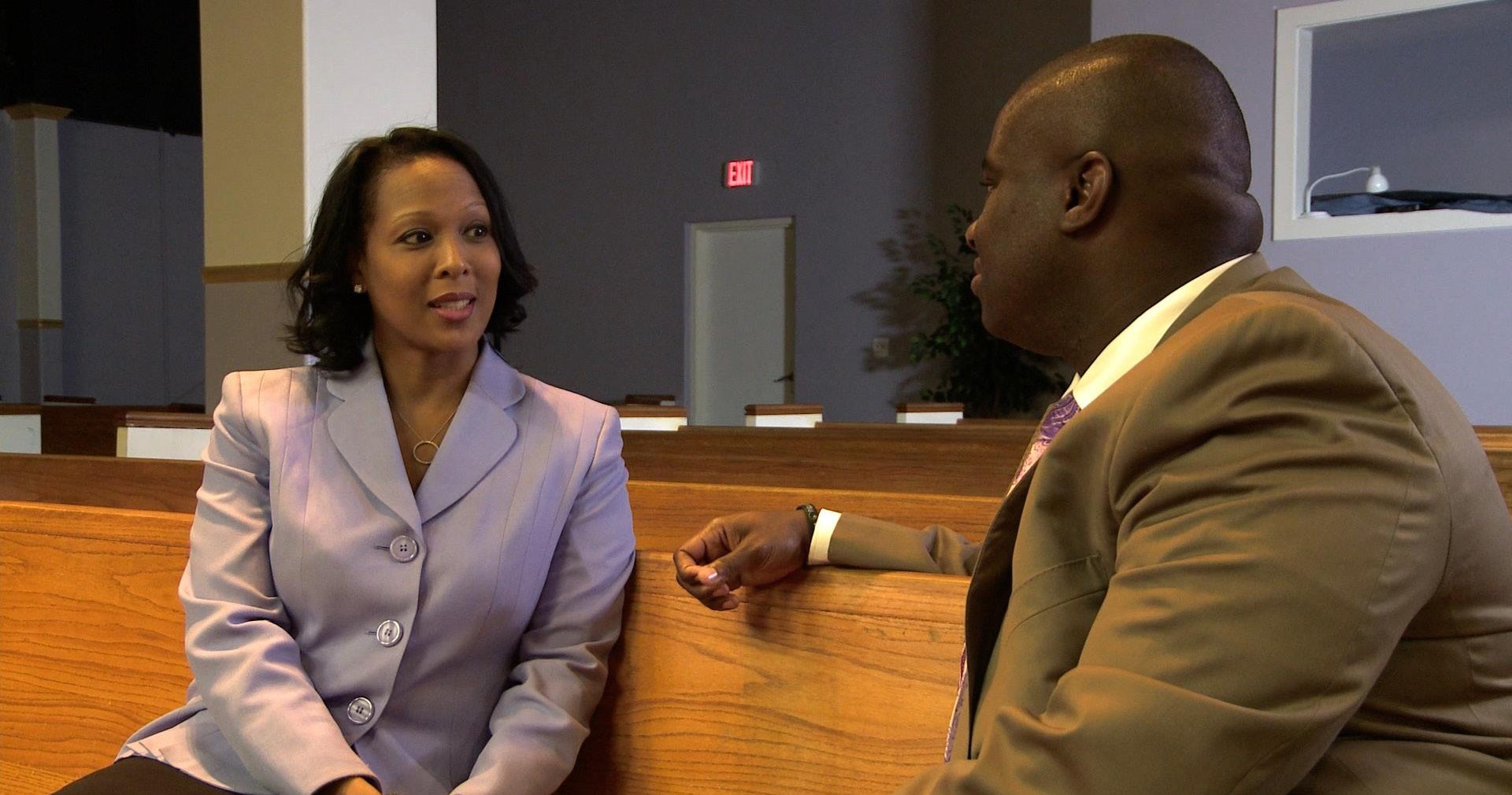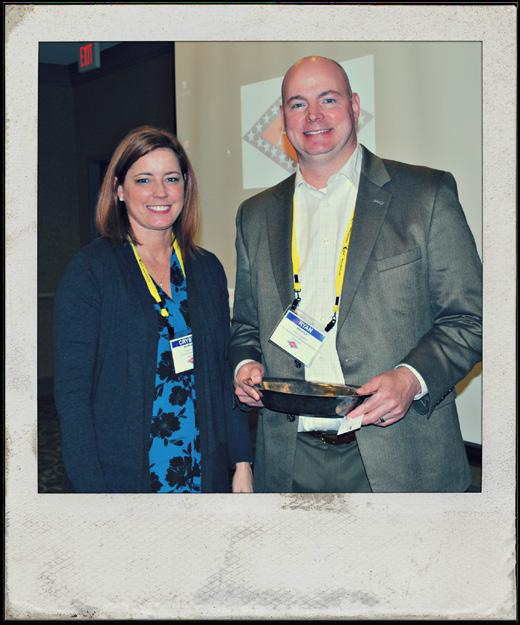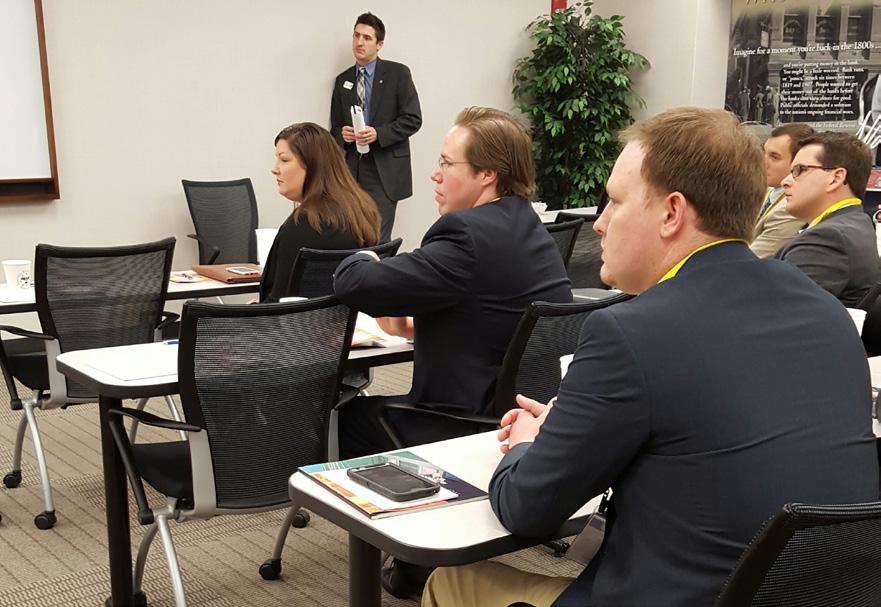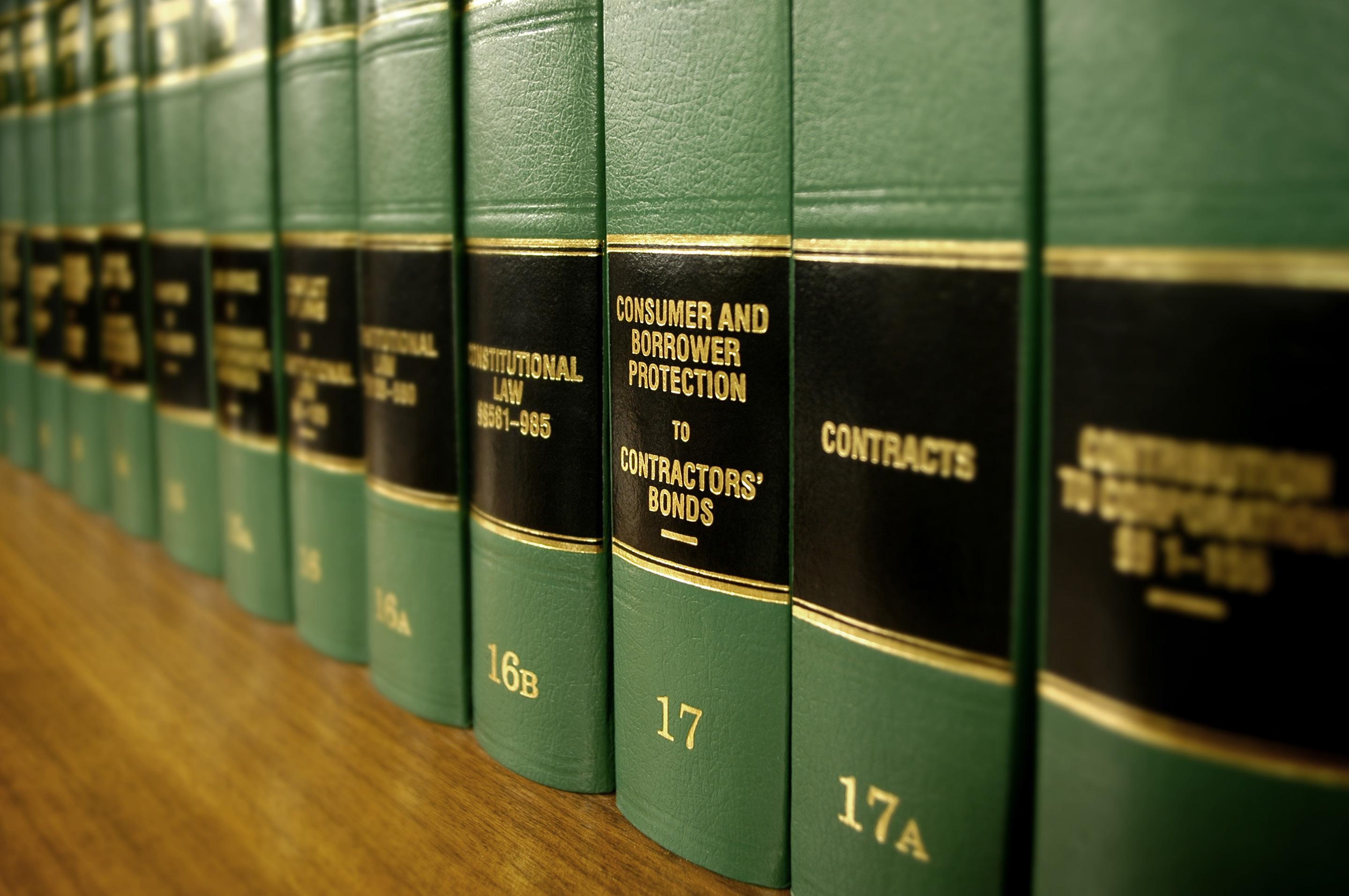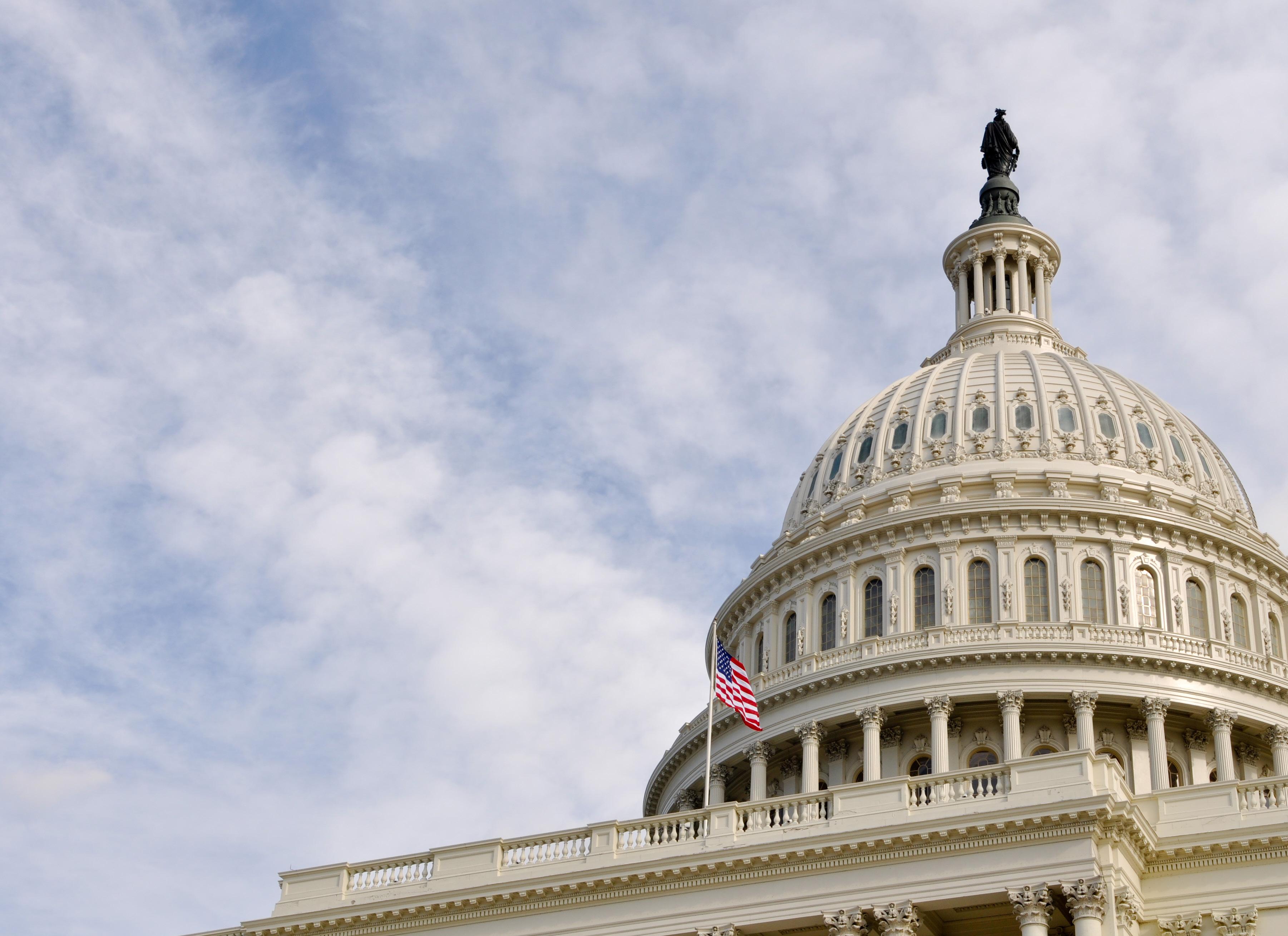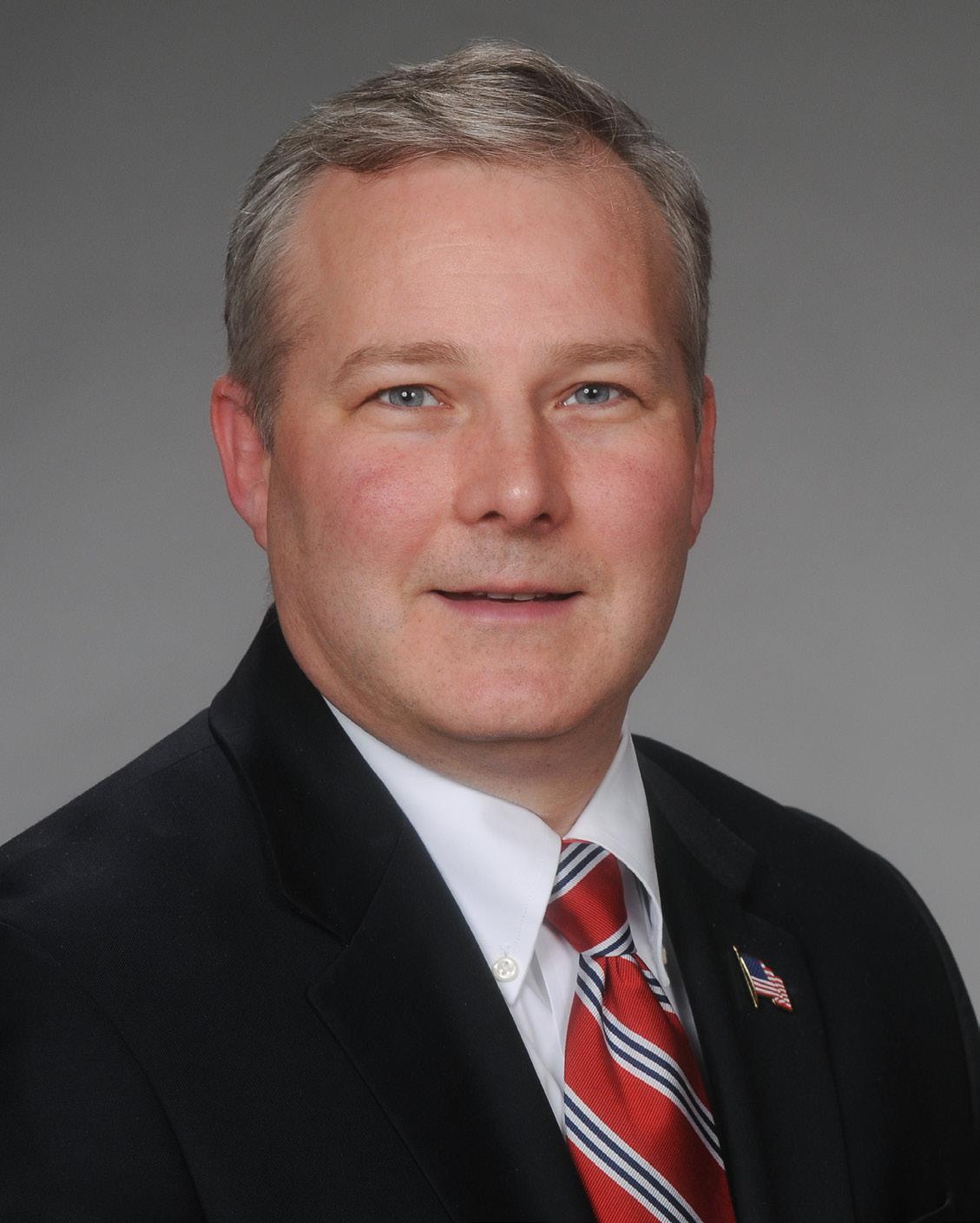Automatic Stay Exceptions Provide Leeway for Financial Institutions ABOUT THE AUTHOR
Mary-Tipton Thalheimer practices law in the areas of debtor and creditor rights and bankruptcy with Quattlebaum, Grooms & Tull PLLC in Little Rock.
Thalheimer holds a B.S. in Business Administration from Washington & Lee University, her J.D. from the University of Arkansas at Little Rock William H. Bowen School of Law, and an LLM in Bankruptcy from St. John’s University. Quattlebaum, Grooms & Tull PLLC is an ABA Associate Member.
18
MEMBER
Once a debtor files a petition for protection under the United States Bankruptcy Code, an automatic stay goes into effect, providing the debtor with breathing room from its creditors and preventing the creditors from racing to the courthouse. The Bankruptcy Code provides a list of actions from which creditors are stayed,1 but put simply, the automatic stay stops creditors from pursuing collection efforts against the debtor. The automatic stay generally remains in effect for the duration of the debtor’s bankruptcy case unless the bankruptcy court grants a creditor’s motion for relief from the stay following notice and a hearing, which can be a costly, time-consuming process. Fortunately for financial institutions, the Bankruptcy Code provides several relevant exceptions to the automatic stay.2
The Arkansas Banker | November 2015
Creditors are not stayed from the postpetition presentment of a negotiable instrument executed by the debtor prepetition.3 For example, if a debtor executes a check before filing for bankruptcy protection, the creditor may present the check to the debtor’s bank postpetition without violating the automatic stay. However, only funds that do not constitute property of the estate, such as funds a Chapter 7 debtor earns postpetition, can be used to pay the check.4 Otherwise, the transfer of funds may be avoided pursuant to other provisions of the Bankruptcy Code. In the event the check is dishonored, the creditor can also give notice and protest the dishonor of the check post-petition without violating the automatic stay.5 It is worth noting that the automatic stay does not prevent the commencement or continuation of

